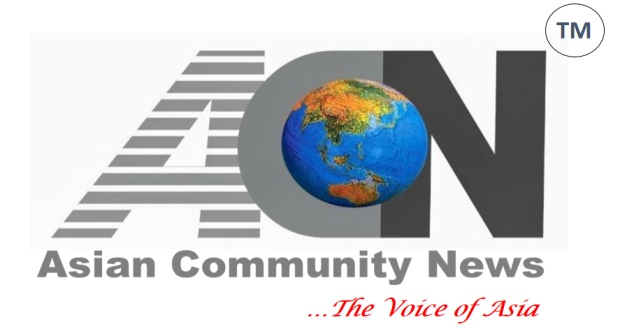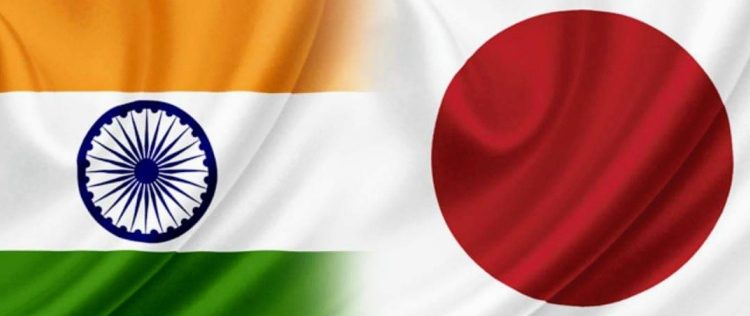India needs to improve its image in Japan to attract investment
インドは投資を誘致するために日本での評判を改善する必要があります ....... Because of its poor image of being a tough terrain to do business among the investors especially SMEs in Japan, many skip India, and they prefer to go to ASEAN to set up their ventures.
TOKYO: In its bid to improve the image of India in Japan and promote it as an ideal investment destination, and to attract Japanese companies and investors, the Embassy of India in Tokyo has plans to collate Japanese success stories in India and share the same with potential Japanese investors there to drive them to invest here. For this, the embassy would take the help of New-Delhi based office of the Japan External Trade Organization (JETRO), which is a government-run organization to promote mutual trade and investment between Japan and Foreign Countries, like Invest India. It has plans to publish a booklet of some of the Japanese companies especially the small and medium enterprises (SMEs), and startups, who scripted success stories in India in adverse business conditions, and despite all odds.
However, this was the plan conceptualized by the Indian Ambassador in Tokyo Sanjay Verma who was recently transferred to Canada as India’s next High Commissioner, and has been succeeded by Ambassador Sibbi George. It is expected that the successor Ambassador would work in the direction of improving the not-so-good image of India in Japan, among Japanese industry leaders and investors.
The entry of new Japanese companies in India has slowed down in last few years.
The total count of Japanese companies in India has not improved and registered a stagnancy in last four years, and in fact their number decreased last year from 1455 in 2020 to 1439 to 2021. The total number of Japanese companies in India in 2018, 2019, 2020, and 2021 was registered at 1441, 1454, 1455, and 1439 respectively (as per the JETRO records).
 According to the Japanese industry experts based in India the image of India in Japan among the companies and investors in the SME segment is not good despite India being a huge market with unlimited business potential.
According to the Japanese industry experts based in India the image of India in Japan among the companies and investors in the SME segment is not good despite India being a huge market with unlimited business potential.
“Certain issues such as regulatory issues, and red-tapism as India has central government as well as state governments, and various states have different statutory requirements to fulfil and rules to follow. Japanese companies need to conduct a deep research on the states with relatively less tough laws and suitable working conditions before making their decision to invest,” a senior Japanese industry leader.
However, he said, only large-sized companies can afford to conduct pre-entry studies and research, not the SMEs and start-ups have ways and means to do so.
For the SMEs, ASEAN is a better destination as the countries there offer very suitable, and easy going as well as uniform market for doing business, he added.
It’s note-worthy that various Japanese organisations including Embassy of Japan, JETRO, Japan Chamber of Commerce and Industry in India (JCCII), and the Ministry of Economy, Trade and Industry of Japan have been trying hard to convince the SMEs based in Japan to come to India but not to much avail.
Related article: Japan changes strategy to bring more Japanese companies to India to get graph ticking upward
Therefore, the Embassy of India in Tokyo with the help of JETRO, New Delhi office has plans to publish a booklet of Japanese corporate success stories in which the promotors and the top management of these entities will narrate their stories and also the factors that were instrumental in turning the tide in India and making their ventures succeed.
It’s expected that the success stories narrated by the India-based Japanese entrepreneurs and executives will be seriously heard by the potential investors in India, and they will trust and draw some inspiration to change their mindset and come to India to invest and set up their shops here.
The negative image of India in Japan is also about the living comfort of Japanese and it’s said that India lacks the Japanese cuisines and lodging boarding facilities unlike the ASEAN. Some of the metros such as New Delhi and NCR towns like Gurugram (Gurgaon), and NOIDA, Bengaluru, Chennai, Pune, and Mumbai have nice Japanese restaurants, Karaoke facilities, golf courses and high-end gated communities, and condominiums.
However, other parts of the country especially the tier 2 and 3 cities miserably lack these facilities. Poor civic and social infrastructure in most of the parts of the country is also a big hurdle that dissuades investors from coming here.



